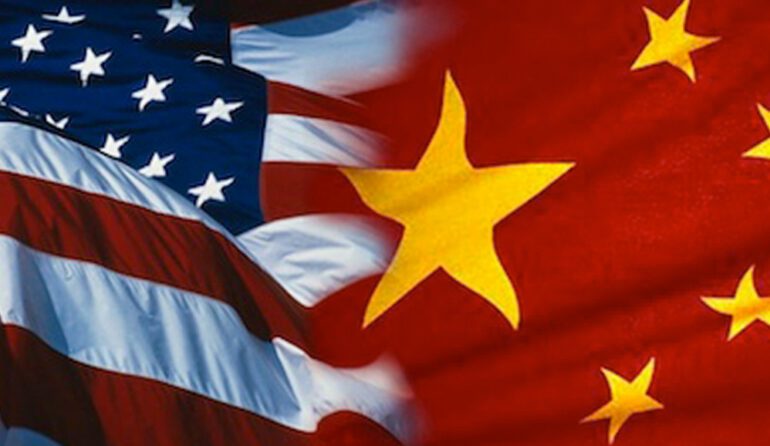TL;DR:
- US Department of Defense adds Yangtze Memory Technologies Co. and Megvii to its list of companies assisting the Chinese military.
- The list also includes Advanced Micro-Fabrication Equipment Inc. and IDG Capital, among others.
- Washington has already imposed export restrictions on Huawei, SMIC, and others on the list to counter China’s tech advancement.
- Chinese Foreign Ministry criticizes the move, citing violations of trade rules.
- Companies affected express concerns but do not anticipate significant disruptions.
Main AI News:
In a recent development, the United States Department of Defense has expanded its list of companies allegedly aiding the Chinese military, a move aimed at alerting its allies to potential national security risks. This list, known as Section 1260H, now includes Yangtze Memory Technologies Co., a leading Chinese memory chip manufacturer, and Megvii, a facial recognition technology firm.
Notably, this roster already encompasses major players in the telecom and aerospace industries, along with Huawei Technologies Co. and Semiconductor Manufacturing International Corp. (SMIC), which are pivotal to China’s attempts to reduce its reliance on American technology.
Among the new additions to the list are Advanced Micro-Fabrication Equipment Inc., a major supplier of chip production equipment, and IDG Capital, a prominent private equity and venture capital investor that has supported numerous high-profile startups.
The Department of Defense also flagged China Three Gorges Corp., a company involved in clean energy projects across China and 20 other countries, and an arm of the Hesai Group, which manufactures LiDAR technology used in autonomous driving systems. Noteworthy clients of Hesai Group include Didi Global Inc., Pony.ai, and General Motors Co.’s Cruise robotaxi subsidiary.
It’s worth mentioning that Washington has already imposed export restrictions and other sanctions on Huawei, SMIC, and other entities on its Section 1260H list as part of a broader strategy to counter what it perceives as a security threat posed by China. Huawei and SMIC, both of which designed and produced an advanced chip in late 2023, now face limitations on purchasing various types of American software and circuitry. Additionally, the 1260H list specifically limits access to certain Defense contracts.
Chinese Foreign Ministry spokesman Wang Wenbin expressed disapproval of the US move, stating that it violates market competition principles and international trade rules. He argued that this action would undermine the confidence of foreign businesses, as well as the interests of companies and investors, and could potentially backfire.
As of now, representatives for Yangtze, Advanced Micro-Fabrication Equipment Inc., China Three Gorges Corp., and IDG Capital have not responded to requests for comment. Meanwhile, Megvii stated that it has no immediate comment on the matter, and Hesai expressed deep disappointment over the decision, denying any sales to the military and asserting that their addition to the list was made in error.
While some companies affected by this development have expressed concerns, they do not anticipate significant disruptions to their business operations.
This move by the US government reflects its growing concerns over China’s military-civil fusion strategy, where civilian companies are believed to assist the People’s Liberation Army in various capacities. The role of artificial intelligence (AI) in military applications has also raised concerns, leading to the inclusion of Yitu, another Chinese firm previously sanctioned, in the 1260H list.
China Three Gorges Corp., known for its megadams in central China, primarily focuses on clean energy projects. It ranks as the third-largest power producer in Brazil and has investments in wind and solar projects in countries such as Mexico, Egypt, and Pakistan. Notably, it holds the largest stake in Energias de Portugal SA, further solidifying its presence in the global energy landscape.
Conclusion:
The expansion of the list of Chinese companies accused of aiding the military by the US Department of Defense reflects growing apprehensions about China’s military-civil fusion strategy and the role of AI in military applications. This move could impact the market dynamics by further straining US-China tech relations and potentially affecting the businesses involved, although the immediate disruptions are expected to be limited.

